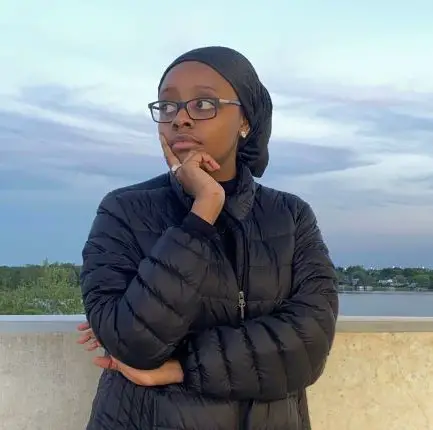The Netflix teen drama known as “Grand Army” recently announced its cancellation after its first and only season. Audiences were all too familiar with the plot of the show, which follows the lives of teenagers attending a large public school in Brooklyn, New York, and explores sexual, racial and economic politics from the perspectives of five high school students.
Creator and producer Katie Cappiello based “Grand Army” off of a short play she wrote in 2013 called “Slut: The Play”. It addresses the damage the culture of slut-shaming has on its targets. “Grand Army” authentically portrays Cappiello’s story by diversifying the plotline and portraying social conflicts as they truly are: raw and real.
https://www.youtube.com/watch?v=Fb30tUGqaCk
The series addresses teenage struggles very realistically. Families face financial troubles, and there is anxiety brought on by pressure from parental figures. There are also clashes between cultural and individual identities, and the main characters grapple with walking through life as young adults in today’s time. Although the storyline is heavy, it is also honest. It holds little to nothing back.
Due to the similarities between “Grand Army” and other shows like it, some declare that its early cancellation was brought on by a need for variety and a lack of interest in the brutal truth. YouTuber Austin Burke spoke on the show in October of 2020, affirming its likeness to shows like “13 Reasons Why” and fittingly dubbing it “Netflix’s ‘Euphoria.'” Burke’s analogy, unbeknownst to him at the time, paints a broader picture here: “Grand Army” was scrapped after a single season but similar shows were not. “13 Reasons Why” ran for four seasons before its finale and audiences can expect the second season of “Euphoria” on HBO in 2022.
Without a doubt, “Grand Army” getting called off is no grand surprise. It is a known fact that to keep a production running, it needs funding. Series just starting out often have a financial goal to reach before they can receive more money. All works of art put on display face criticisms and occasional backlash and “Grand Army” is no exception. Therefore, cost increases and a lack of substantial viewers, among other things, serve as contributing factors to why the show ended so soon.
Although the series took a more roundabout route to illustrating the all-too-familiar story of young adult hardship brought on by forces beyond one’s control, it was unable to deliver groundbreaking newness to audience’s television screens, let alone the ever-changing genre that is teen drama. LaToya Ferguson wrote in Variety prior to the show’s release, “‘Grand Army’ doesn’t exactly offer anything new to the teen genre at this point. Not in its depiction of sexual assault, not in its depiction of teenage slut-shaming and cyberbullying, not in its depiction of a ‘seemingly normal’ high school student being capable of horrifying things, not in its depiction of a closeted gay teen story, and especially not in its depiction of the struggles (upon struggles, upon struggles) of Black students.”
“Grand Army” was necessary and quite frankly did what was needed of it by serving as an important reminder, albeit a heavy one. It may not have had the glitter to distract viewers from its gore like “Euphoria” or Selena Gomez as one of its producers like “13 Reasons Why,” but it is still here, and it is still poetic, and it is still worthy of praise.

















